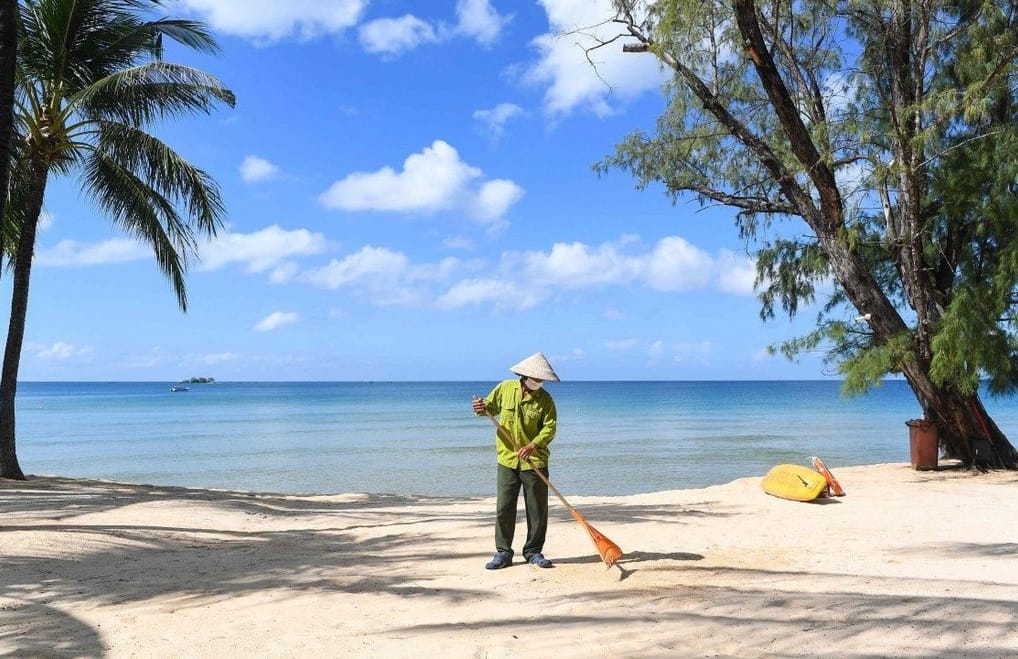Los Angeles now joins the growing list of other major U.S. cities, including New York, Washington, D.C., Boston and San Francisco, that have stepped up recently to pass or strengthen legislation that protects affordable housing and the community fabric of neighborhoods that have been negatively impacted by short-term rentals like Airbnb.
Short-term rentals have been increasingly contributing to affordable housing crises, increased housing costs, impacted neighbors’ rights and community safety issues in cities all around the world.
Airbnb’s own CEO, Brian Chesky, has even admitted to their negative impact and supports limiting short-term rentals to primary residents only with caps to prevent taking homes off the market in cities with a housing constraint.
Most of this is not true and submitted to news publications, including eTurboNews knowing it was fake news. Fake news was also the video eTN published below.
Click here for an update on what happened.
[fvplayer src=”https://vimeo.com/305755986″]
The Los Angeles City Council unanimously voted Tuesday to impose new rules on renting out rooms and homes for short stays, regulating a phenomenon popularized by the rise of online platforms such as Airbnb.
The law, which goes into effect in July, allows Angelenos to host such rentals only in their “primary residence,” not a second home or investment property.
The long-standing debate has pitted a coalition of tenant advocates, neighborhood activists and the hotel industry against companies such as Airbnb, HomeAway and their hosts. Airbnb alone has spent roughly $1.3 million in the last four years lobbying the city on the rules, according to city disclosures.
It is harder to tell how much Airbnb critics have spent because some do not break down lobbying expenses by issue, but hotel industry groups and the Keep Neighborhoods First coalition have spent at least $625,000 during that period, city records indicate. Rival camps of hotel workers and Airbnb hosts have packed city hearings in contrasting shirts of red and blue.
As it stands, renting out a home for fewer than 30 days at a time is legally barred in much of the city, according to planning officials. But L.A. has rarely cracked down on such rentals, and their operators have fought — and sometimes won — when it has tried to do so. Existing rules have been “absolutely unenforceable.
Hosts can offer their homes for short stays of up to 120 days annually. However, Angelenos can exceed that cap and welcome temporary guests all year if they do not have multiple citations from the city in recent years, or can make a successful case to planning officials that doing so would not hurt the neighborhood.
And some homes are off-limits for such rentals: Angelenos cannot host them in hundreds of thousands of apartments covered by the Rent Stabilization Ordinance, which limits rent hikes for tenants, or units that fall under affordable housing covenants.
At the Tuesday hearing, Airbnb hosts complained that the new law was saddled with steep fees and would bar some responsible hosts from earning income from their homes. One Silver Lake rental host, David Darwish, said the city was “acting like Gestapo” and “going after small mom-and-pop businesses.”
WHAT TO TAKE AWAY FROM THIS ARTICLE:
- As it stands, renting out a home for fewer than 30 days at a time is legally barred in much of the city, according to planning officials.
- The Los Angeles City Council unanimously voted Tuesday to impose new rules on renting out rooms and homes for short stays, regulating a phenomenon popularized by the rise of online platforms such as Airbnb.
- However, Angelenos can exceed that cap and welcome temporary guests all year if they do not have multiple citations from the city in recent years, or can make a successful case to planning officials that doing so would not hurt the neighborhood.























